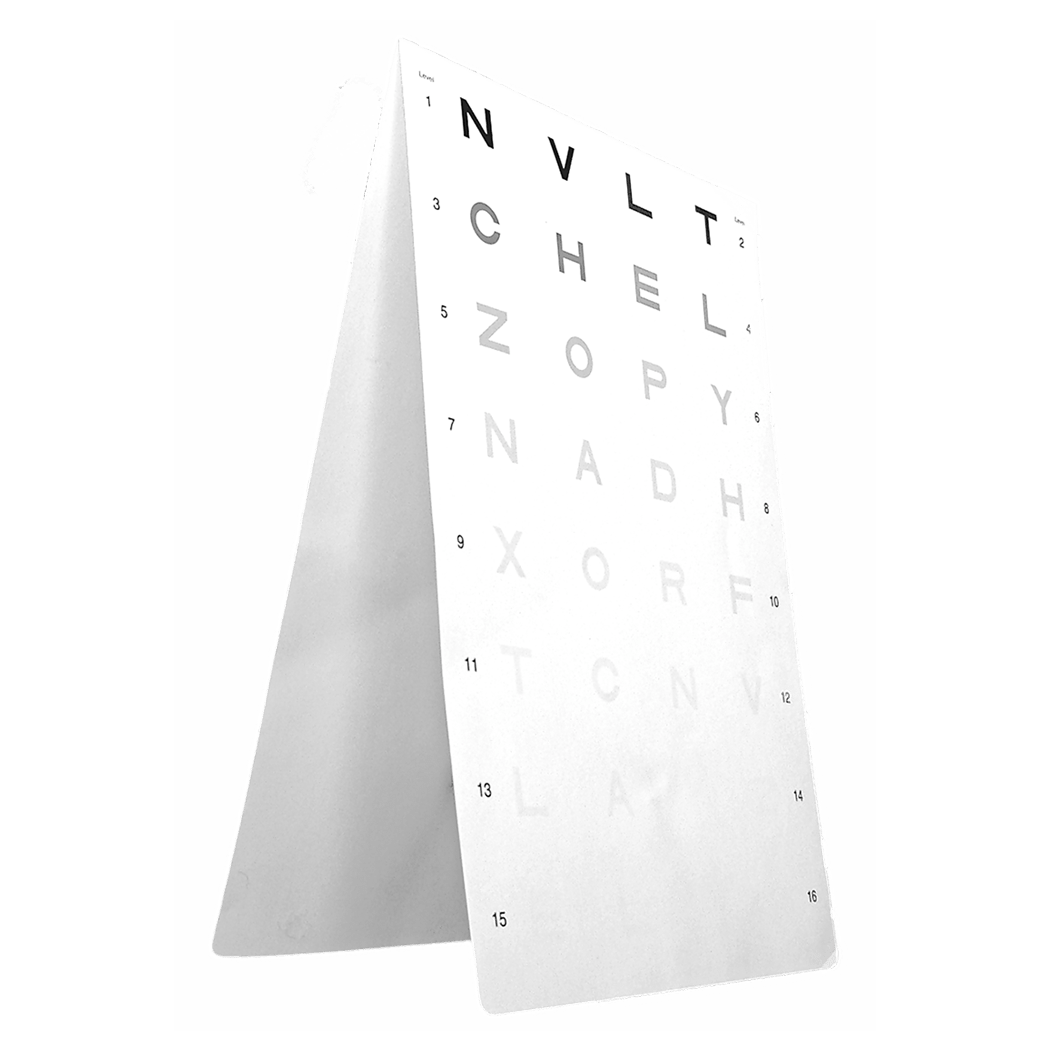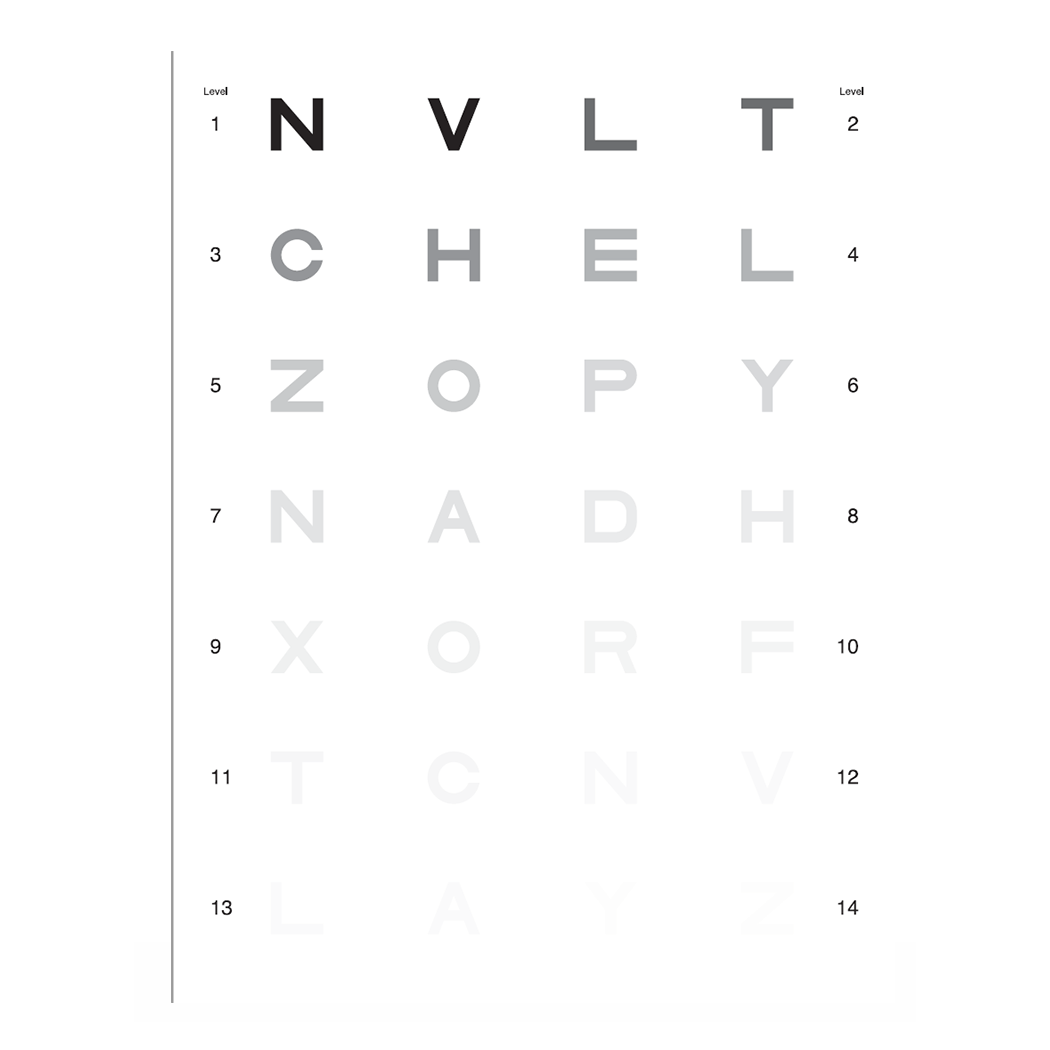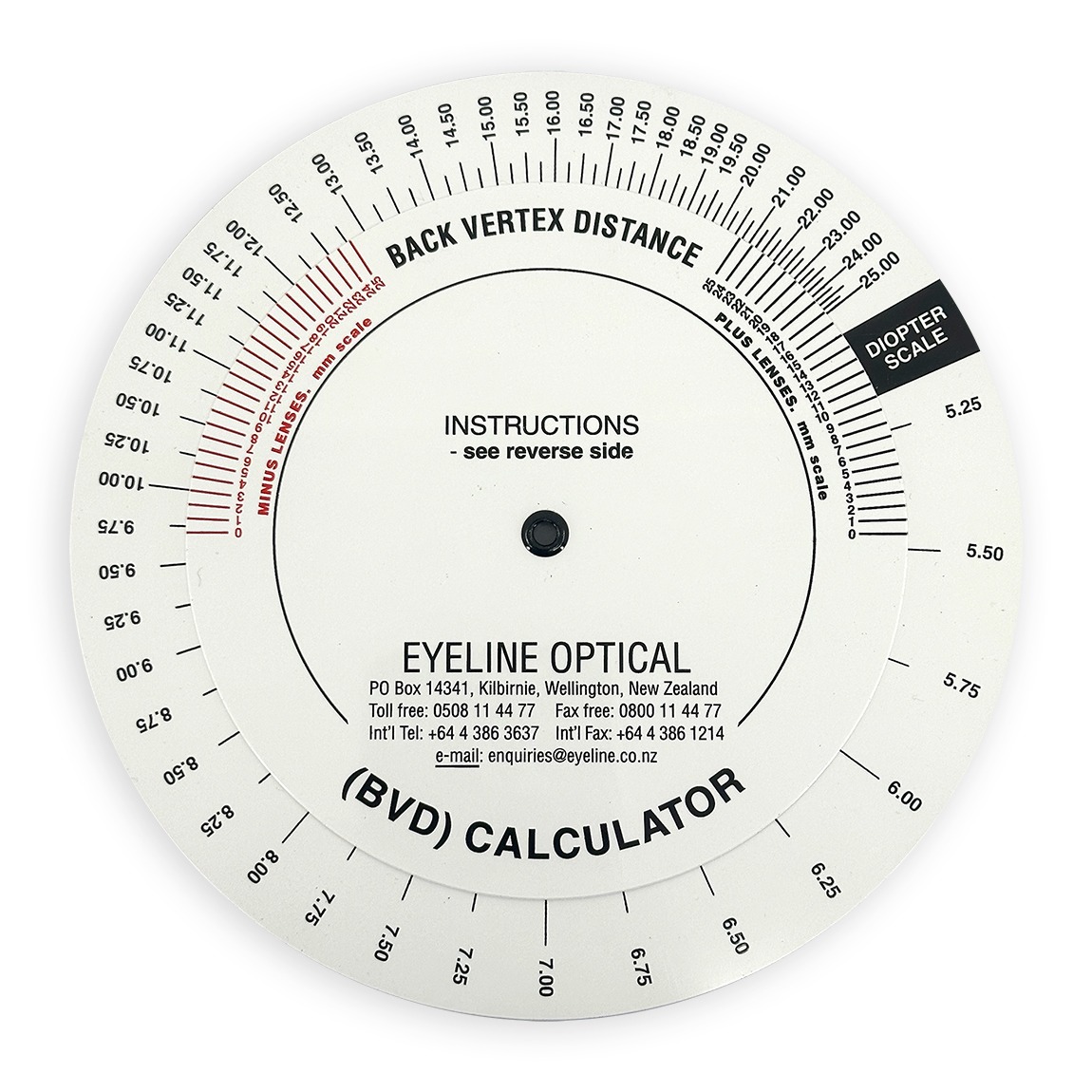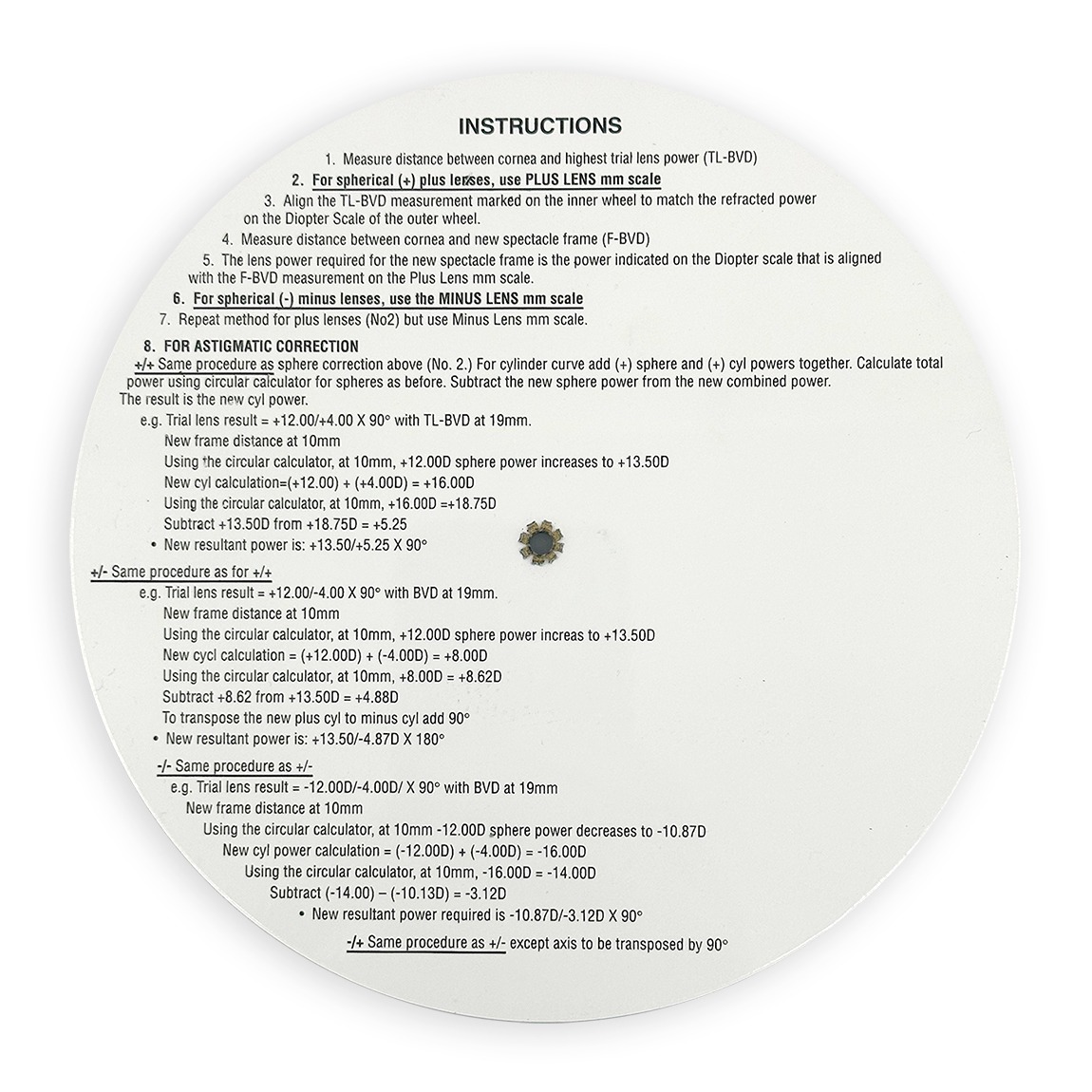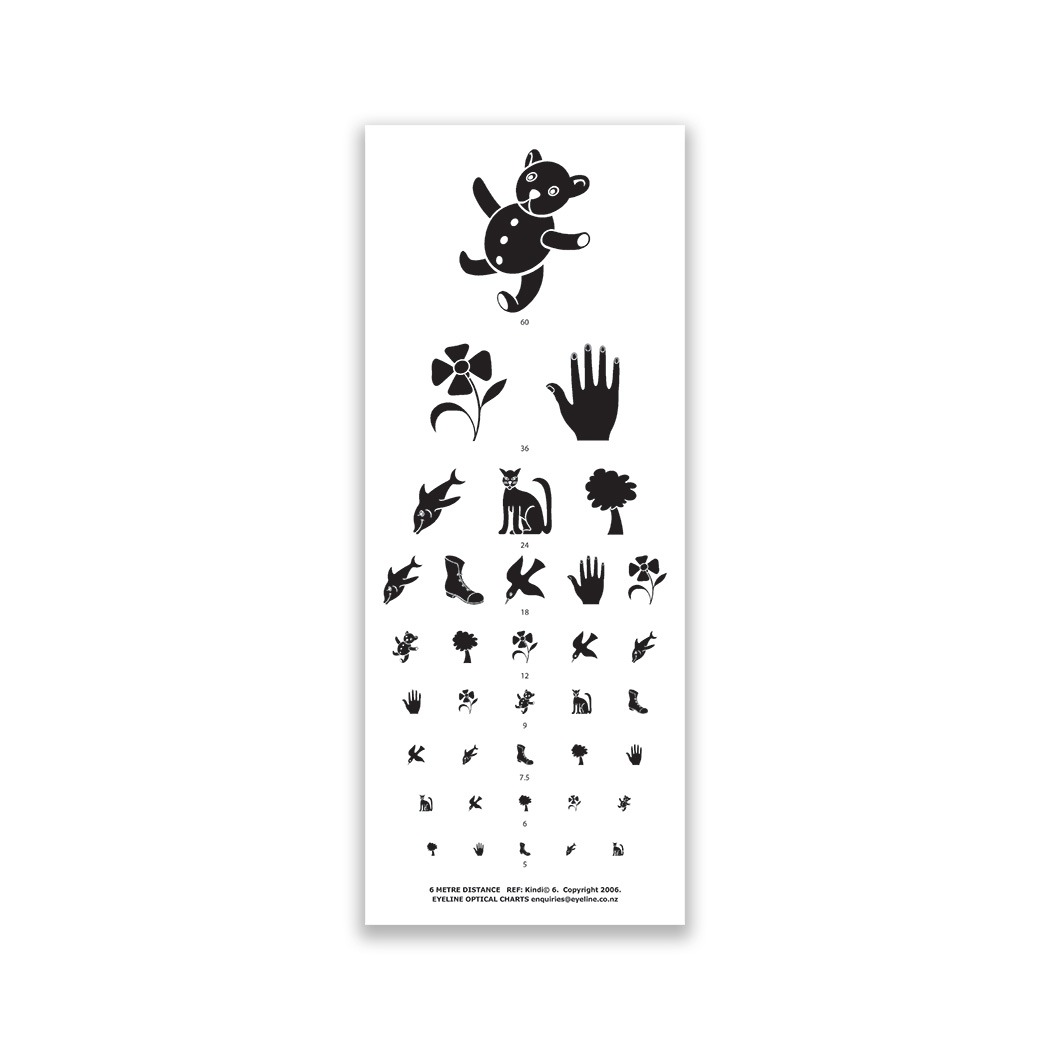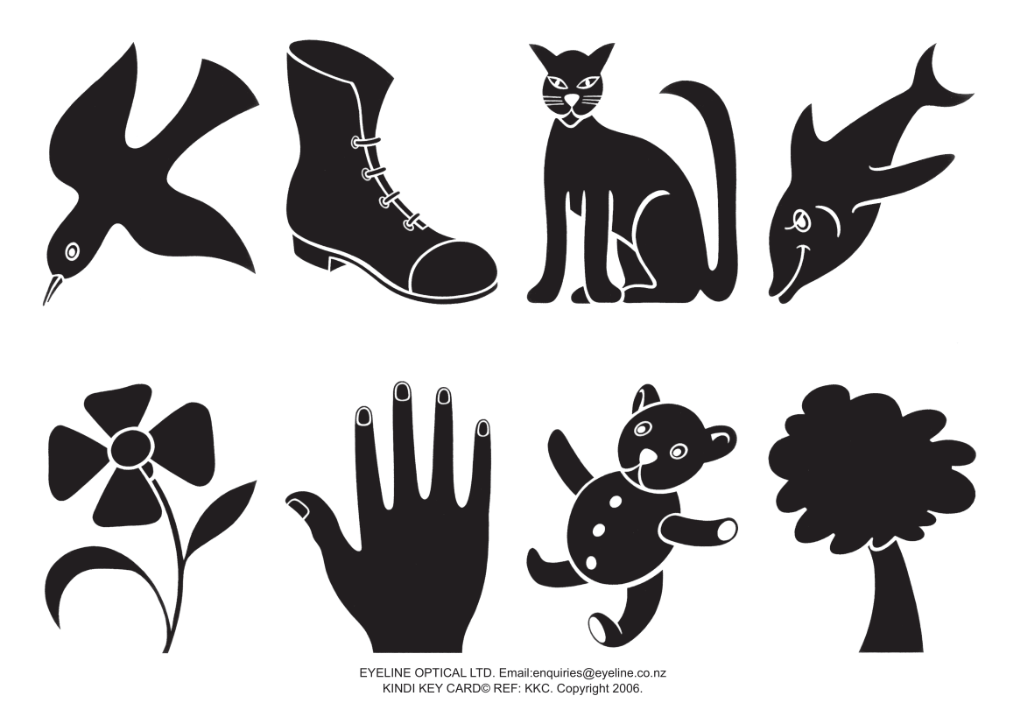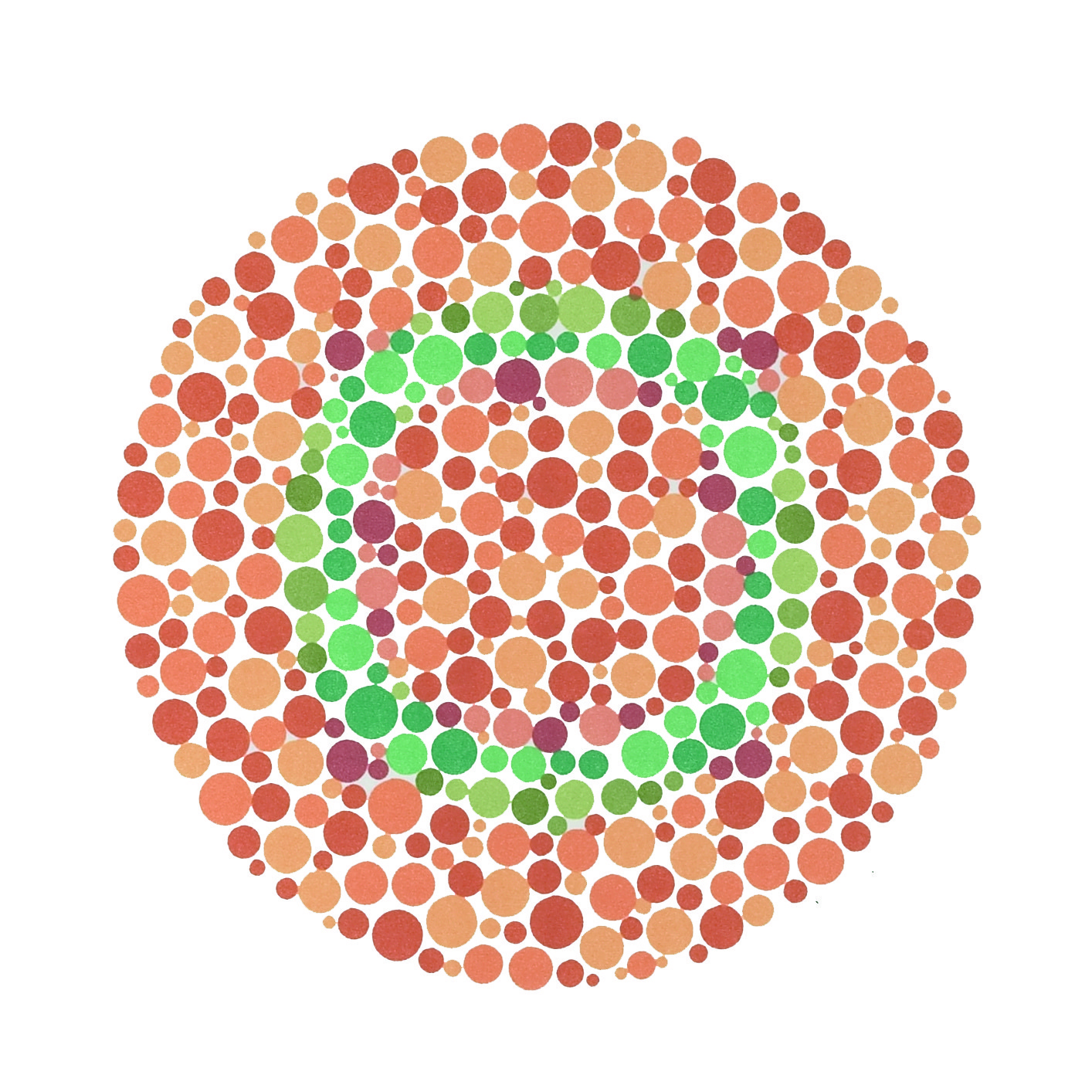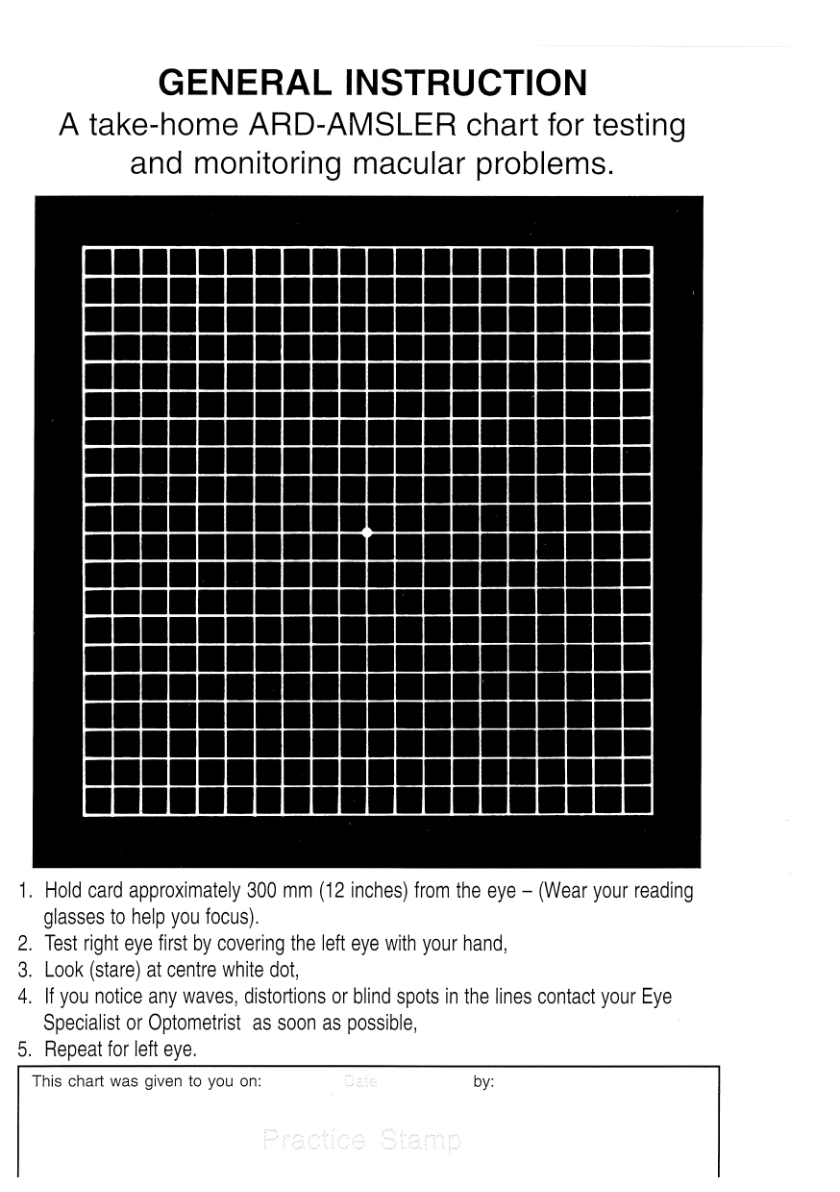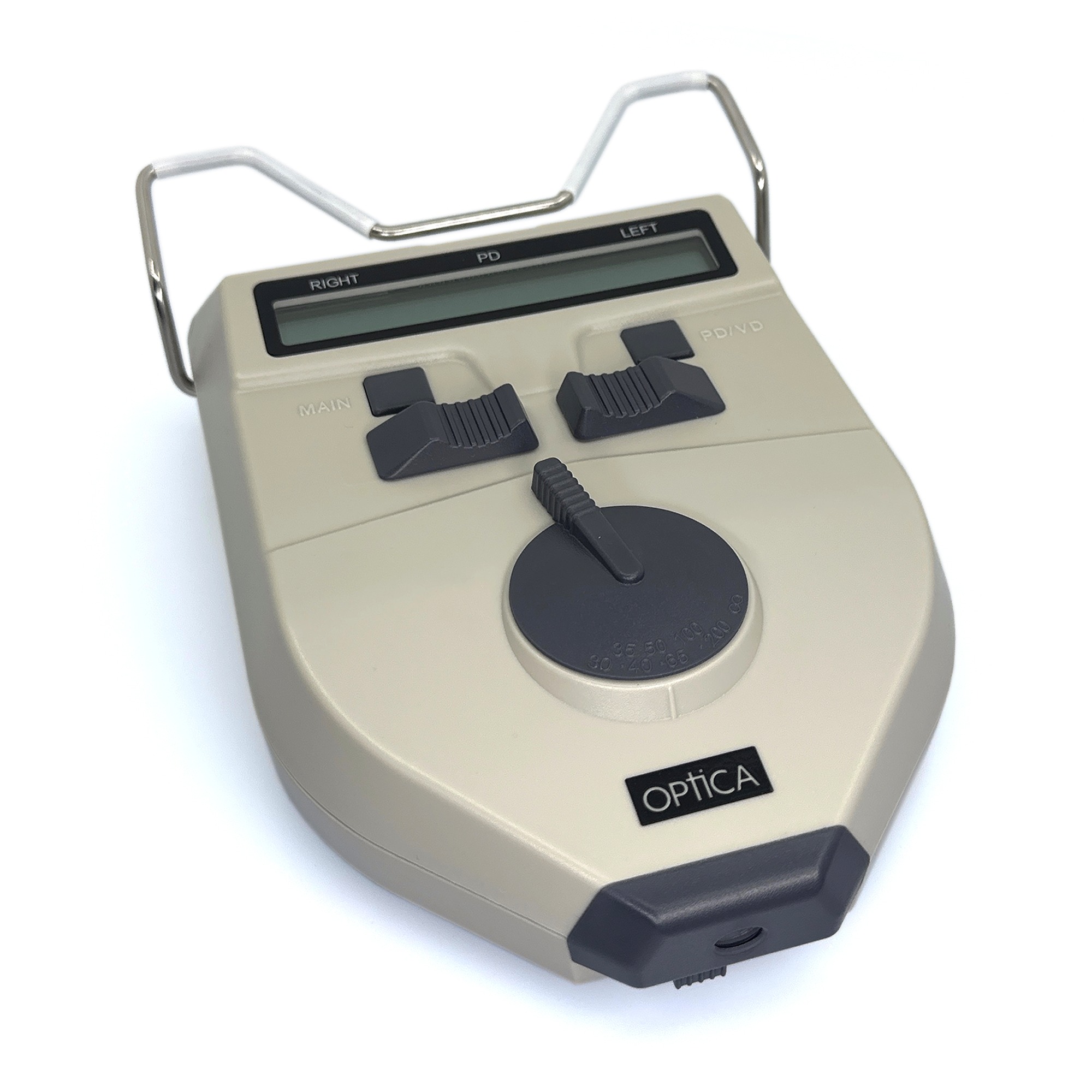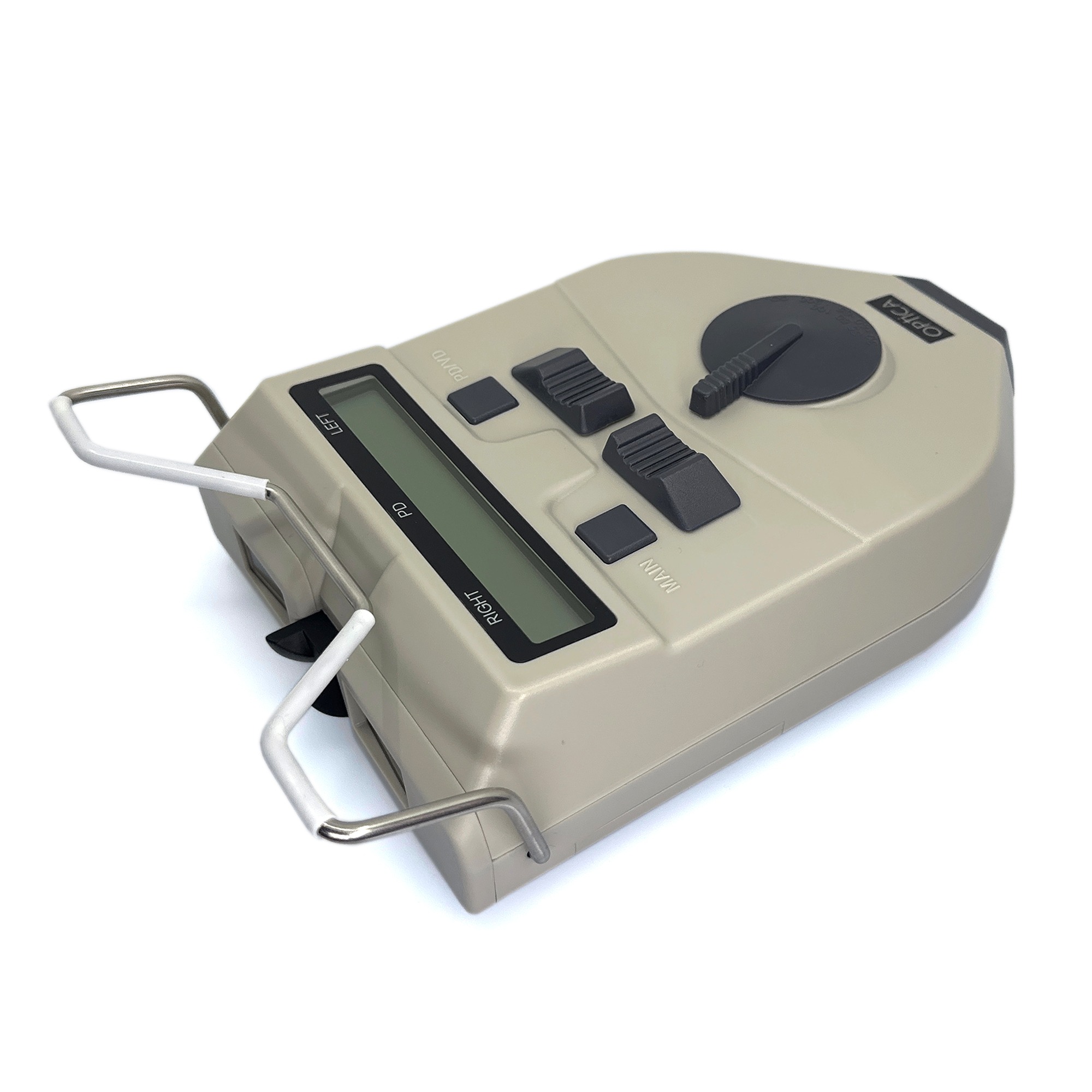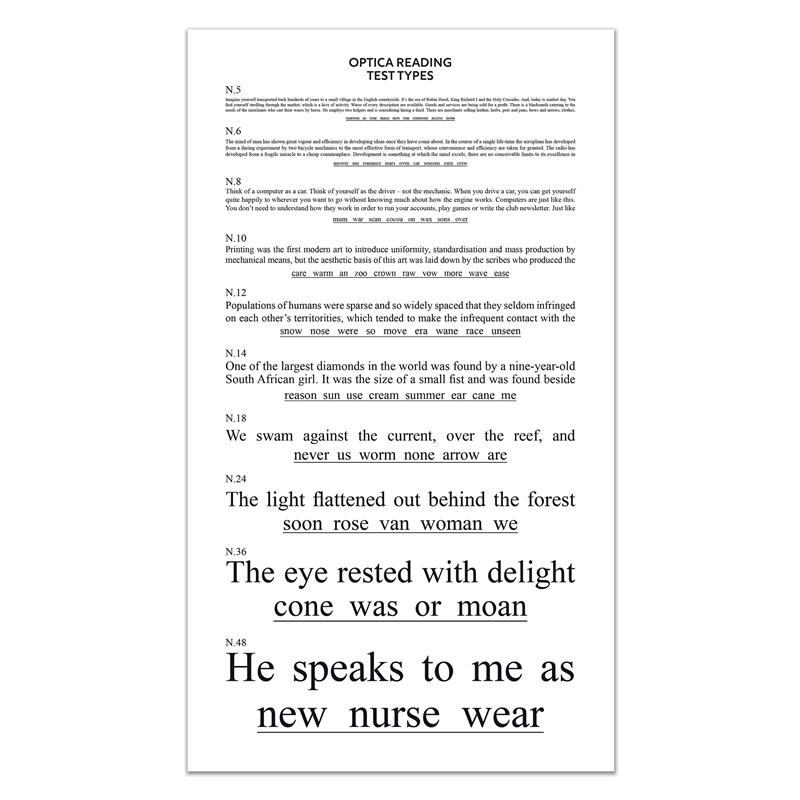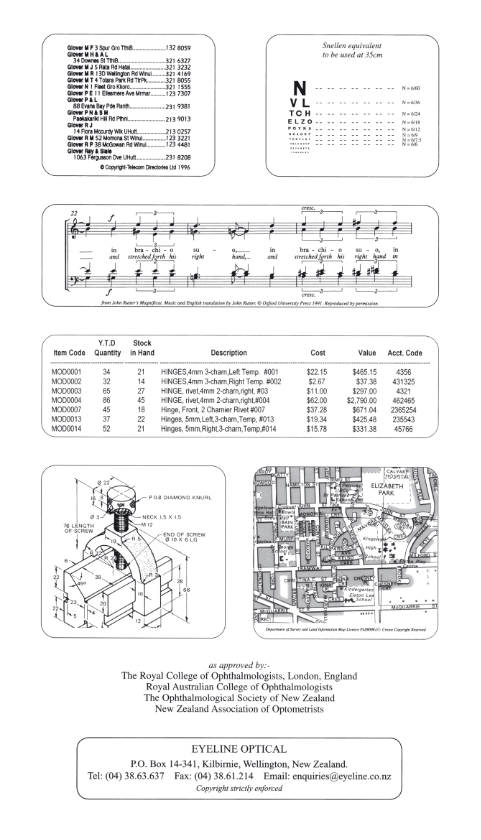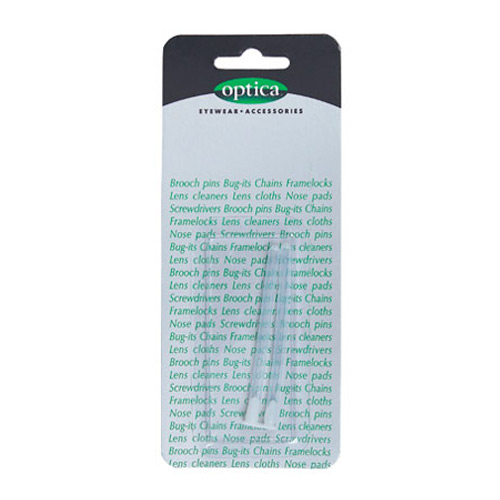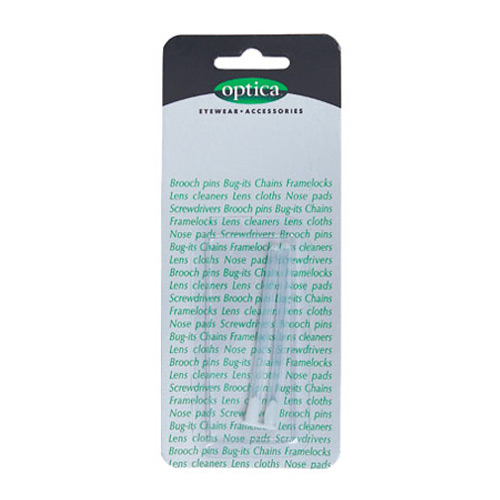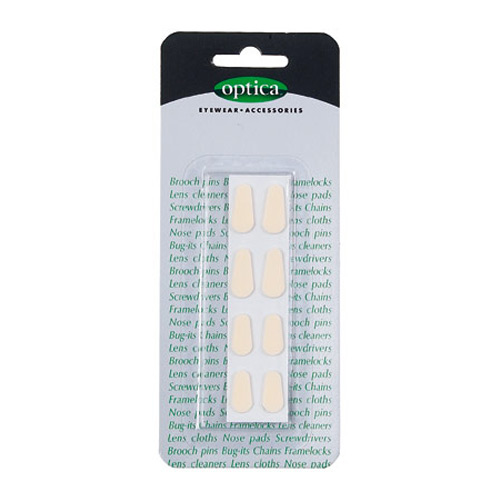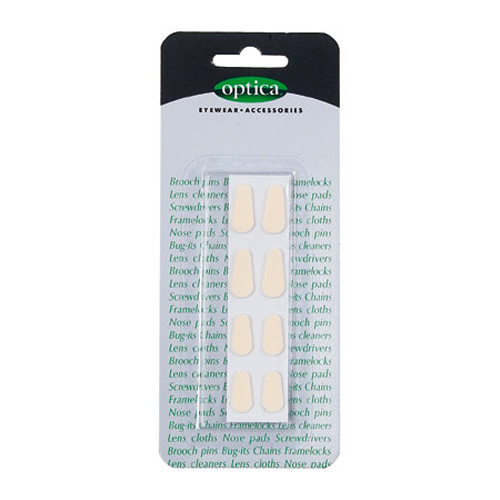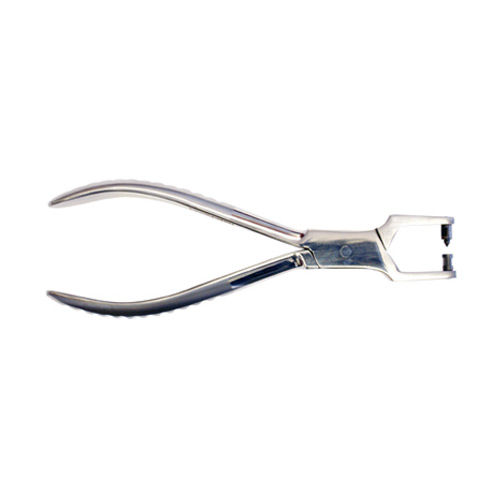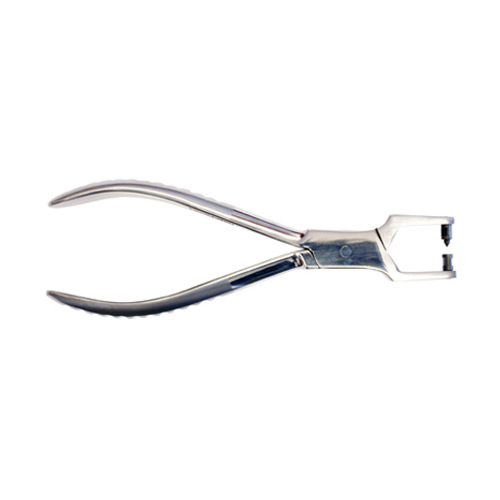You are here:
- Home
- Workshop Tools & Parts
- Eye Examination Tools
- Eye Charts
- Hamilton Veale Contrast Sensitivity Test
SKU: EYHVCSC
Hamilton Veale Contrast Sensitivity Test
We are all familiar with visual acuity. This measures a visual threshold by keeping the contrast of an object high and constant, whilst varying the spatial separation. An alternative method to measure a visual threshold is to use a contrast sensitivity test, which varies contrast than spatial separation.
The visual acuity of a patient may be normal, but there may be a lowered contrast sensitivity function at low and intermediate spatial frequencies.
The Hamilton-Veale Contrast Sensitivity test can be used to monitor a decrease in the contrast sensitivity function over time. Often, even though a patient is provided with the best possible refraction, they complain they are not seeing clearly. This test can be used to reiterate the need for more task lighting when reading or performing close tasks. Elderly will often comment on the difficulty seeing in poor light or at night. The test may explain this difficulty, due to a loss of contrast sensitivity function.
Rule of thumb for using the test:
Those that can not see to:
Level 4: Suffer from severe loss or are blind
Level 5 to 8: Suffer from significant loss and need contrast enhancement.
Level 9 to 12: Have a noticeable loss and need lighting evaluation.
Level 13 to 16: Have a near normal to normal contrast sensitivity function.
SKU: EYHVCSC Categories: Eye Charts, Eye Examination Tools, Workshop Tools & Parts Tag: Popular-Workshop

